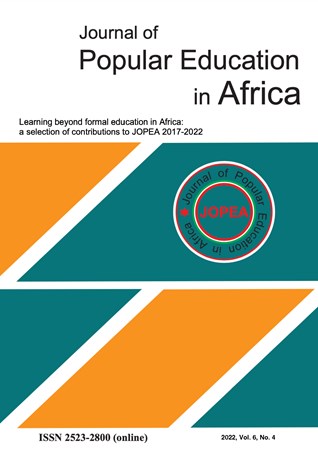Our aim is to investigate how interaction between different knowledge systems and learning traditions are of importance for the design of non-formal adult education activities in Eastern Africa. The project will specifically study the implementation, dissemination and interpretation of Nordic popular education ideas in Kenya and Tanzania, and focus on how these ideas interact with, on one hand, so-called Indigenous Knowledge Systems, and, on the other hand, educational traditions linked to the formal educational system established in the context of European colonization.
Research questions are: How do interactions between different knowledge systems and learning traditions influence the design of non-formal and informal adult education for structurally vulnerable groups in contexts marked by a colonial history? Does this kind of interaction between different knowledge systems and learning traditions create new innovative educational ideas? What role do these interactions and innovations play in improving participants' life chances?
The project involves researchers from Sweden, Tanzania and Kenya and the project is also intended to contribute to the strengthening of the Eastern African research community within the field of adult education.
Full project title: "Interaction between knowledge traditions in non-formal adult education: Scandinavian influences, indigenous knowledge systems and colonial legacies in Eastern Africa"
Project leader: Professor Henrik Nordvall, (Linköping University, Sweden)
Participating researchers: Professor Maurice N. Amutabi (The Technical University of Kenya), Kenya), Professor Bernt Gustavsson (Norwegian University of Science and Technology), Dr. Joyce Kemuma (Dalarna University, Sweden), Professor Elinami V. Swai (Open University of Tanzania), Dr. Pamela A. Wadende (Kisii University) and Dr Helena Colliander (Linköping University)
Funded by the Swedish Research Council (2016-05720)
Running 2017-2022



